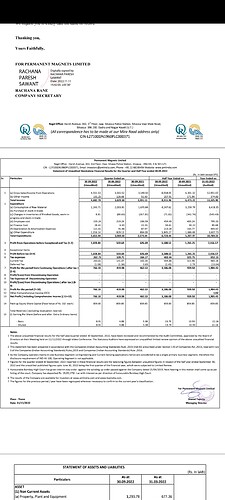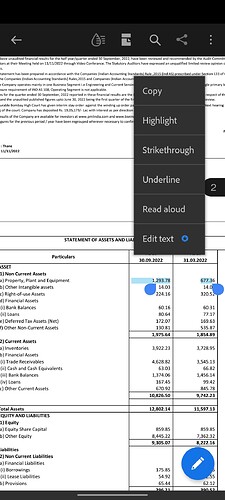Airbag Industry In India To Grow To Rs 7,000 Crore By FY27: ICRA
The industry size of airbags, a key safety feature in vehicles, is expected to grow to up to Rs 7,000 crore by FY2027 in India, from Rs 2,500 crore currently, according to ratings agency ICRA. The growth in the airbag industry, one of the fastest growing auto component segments, is expected to be fuelled by the increase in content per vehicle arising from higher regulatory requirements and voluntary increase in the number of airbags per vehicle for enhancing safety, ICRA said in a statement.
The mandatory content per vehicle for airbag manufacturers is expected to rise from Rs 3,000-4,000 currently to Rs 8,000-10,000 by Oct. 1, 2023. The average number of airbags per car sold is about three currently, and this is expected to increase significantly post the mandatory implementation of six airbags per car from Oct. 1, 2023," ICRA Vice President and Sector Head Vinutaa S said.
Accordingly, ICRA said it expects the industry to grow to Rs 6,000-7,000 crore by FY27, from the current levels of Rs 2,400-2,500 crore, at a four-year CAGR (compound annual growth rate) of 25-30%.
The ratings agency pointed out that earlier, only one airbag per car, the airbag for driver seat, was mandatory from July 2019. This increased to two airbags (dual front airbags) for category M1 vehicles manufactured from Jan 1, 2022. M1 vehicles are those that can seat up to eight passengers and weigh less than 3.5 tonne.
Going forward, for M1 category vehicles that will be manufactured from October 1, 2023, two side airbags and two side curtain airbags have been mandated. This move was undertaken to prevent torso injury for people occupying the front row outboard seating positions and prevent head injury for people occupying the outboard seating positions, it added.
Vinutaa S said the cost for original equipment manufactures could increase further depending on modifications required in cars’ structural changes and deployment of additional sensors. Moreover, she said capacity building in the next one year is critical to meet regulatory requirements in a timely manner.
Several players have started undertaking capacity enhancements in the last six to eight months to gradually scale up their facilities, and ICRA expects a capex of around Rs 1,000-1,500 crore in the next 12-18 months for capacity enhancements and localisation measures," Vinutaa S added.
ICRA pointed out that the inflator forms about 50% the total airbag cost, while cushion and other components form the remaining.
The industry currently imports 60-70% of its components primarily from overseas parents or joint venture partners, stemming from the lack of indigenous technological capability and absence of adequate volumes.
“Unless there is adequate backward integration for the incremental airbags expected to be produced, the import content would only increase further going forward,” ICRA said.



